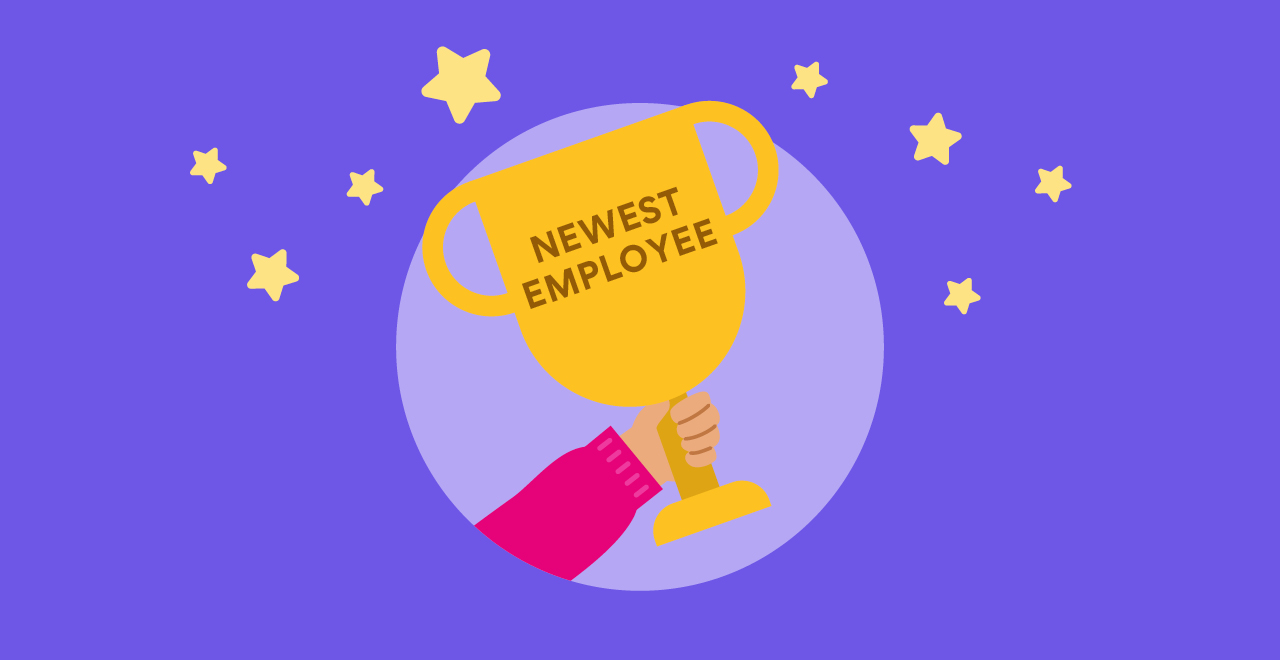5 resumé tips that will get you an interview
The average recruiter will only spend a few seconds looking at a resumé, so it’s important to make the most of it. Two experts share the five things you need to do to make your resumé stand out.
- Focus on your achievements
Leah Lambart, Career & Interview Coach for Relaunch Me, says resumés that are achievement-focused help employers identify how you have been successful in your previous roles. “Add key achievements under each of your most recent positions,” advises Lambart. This doesn’t necessarily have to include awards bonuses or promotions, but the ways in which you have made a difference to the business.
Lambart suggests highlighting specific achievements. “You could say that you developed a key external relationship that was vital to getting repeat business which increased revenues by $20K per year,” she suggests. “Or that you received excellent feedback from customers and suppliers on an ongoing basis which led to being offered a role within the customer service team.”
- Speak the same language
Job seekers should match the language in their resumé to the language in the advertisement or position description. “If the recruiter is scanning your resumé for keywords then you need to be using the same language,” Lambart says. “It signals you will be the right cultural fit for the organisation and that you will adapt quickly to working in their particular work environment.” It’s easy to match the language – for example, if the organisation refers to ‘clients’ in their job ad, do the same and don’t refer to them as ‘customers’. Using the language/keywords is also important when applying to organisations that use Applicant Tracking Systems (ATSs) that screen resumé content against keywords. If you are not using the right keywords/language in your resumé, you may be screened out of the process before the recruiter or hiring manager reviews your resume. Including the right keywords and language demonstrates ‘culturall fit’ but also helps you ‘beat the bot’.
- Only include relevant roles
A common mistake job seekers make is to list every job they’ve ever done on their resumé. “A resumé should highlight the roles, projects and experiences that are most relevant to the job,” says Lambart. “I would remove any information that is not relevant to the job as it takes up valuable real estate on your resumé.” Think of your resumé as a snapshot of your career history and more like a marketing document that highlights the most recent and relevant parts”.
- Spend time on the look of your resumé
According to Katea Gidley, Head of Innovation at Career Ahead, recruiters appreciate resumés that are visually enticing. “Recruiters and hiring managers typically spend one to three minutes digesting a resumé and will more readily engage with one page of compelling content that is communicated in a visually interesting manner,” she says. Gidley suggests having a well laid out summary page with plenty of white space that highlights your profile, experience, education (if relevant) and tangible and varied key career achievements.
- Respond specifically to the key selection criteria
You may think that you only need to address key selection criteria in your cover letter, but your resumé provides a crucial opportunity to refer to the key selection criteria. “Each role has key selection criteria,” says Gidley. “If the resumé responds to these, then you’re likely to remain in the selection process.”
By focusing on relevant job experience and highlighting achievements that translated into benefits for your previous employers, matching the language in your resumé to that used in the job ad, paying attention to the visual presentation of your resumé and responding specifically to the key selection criteria, you will be in a strong position to attract the attention of recruiters and land that all-important interview.
